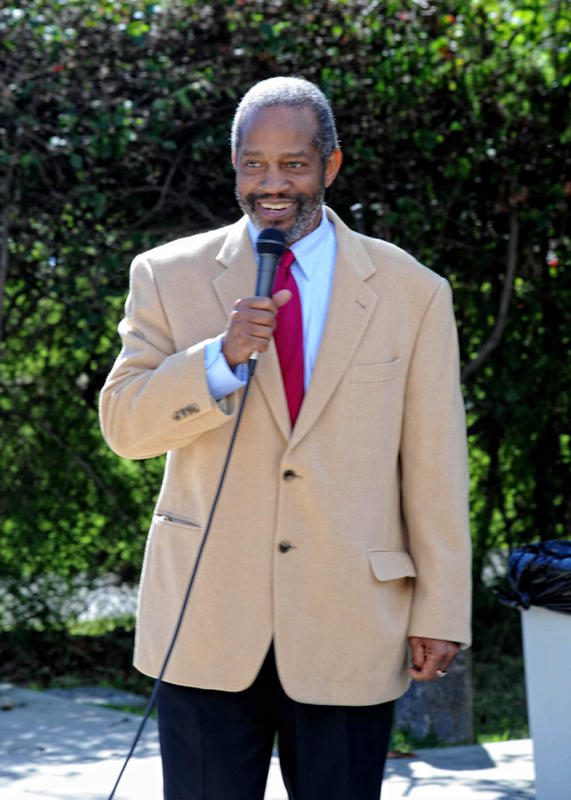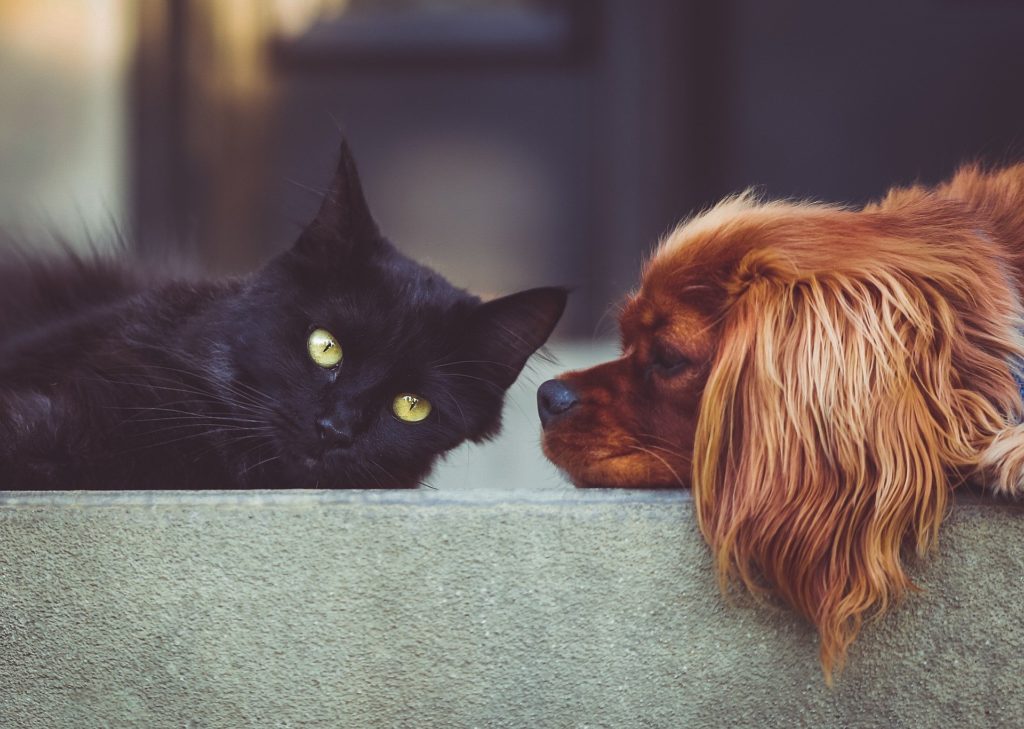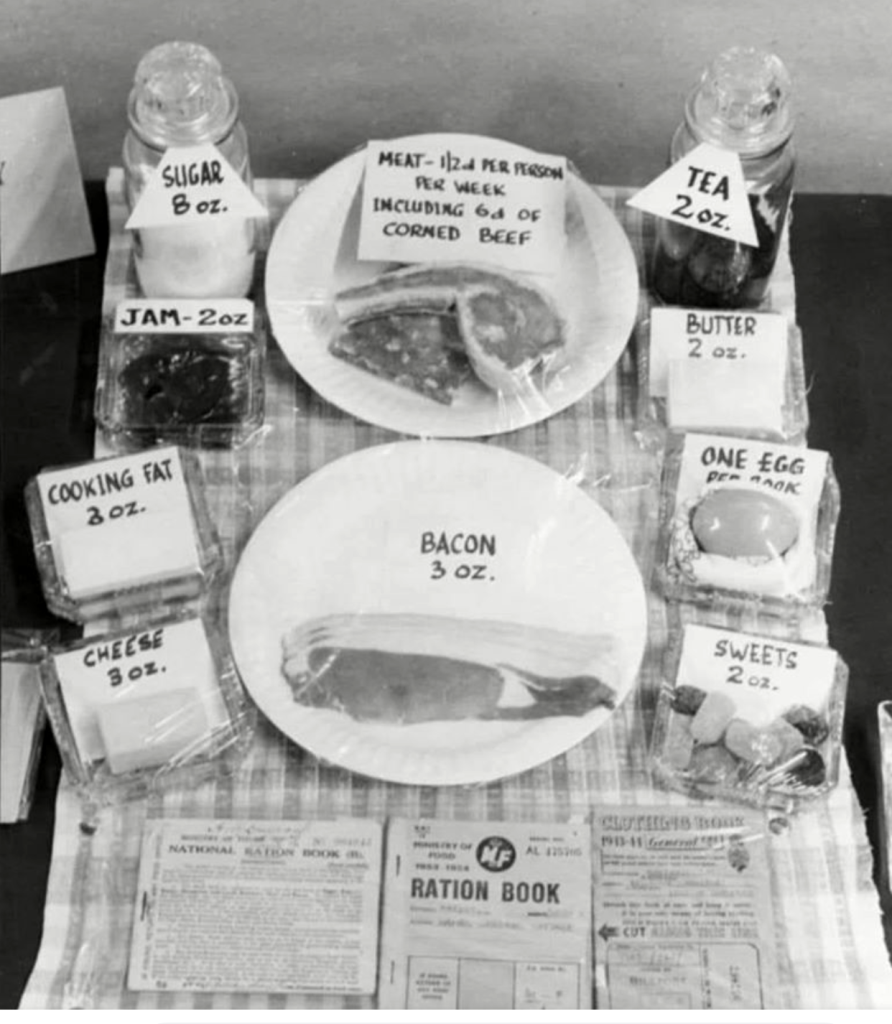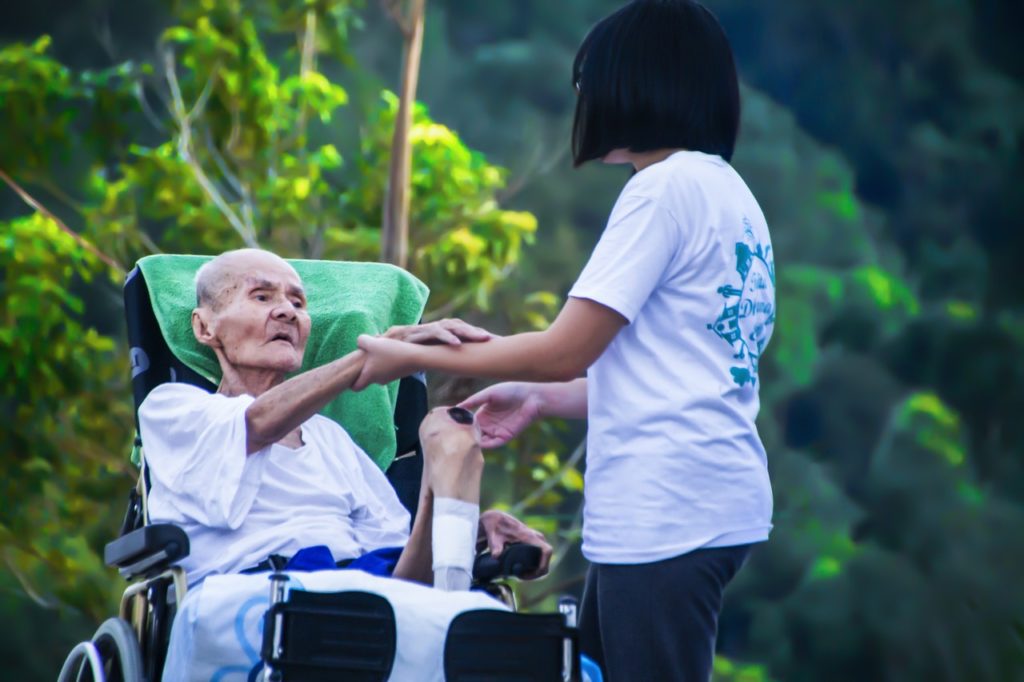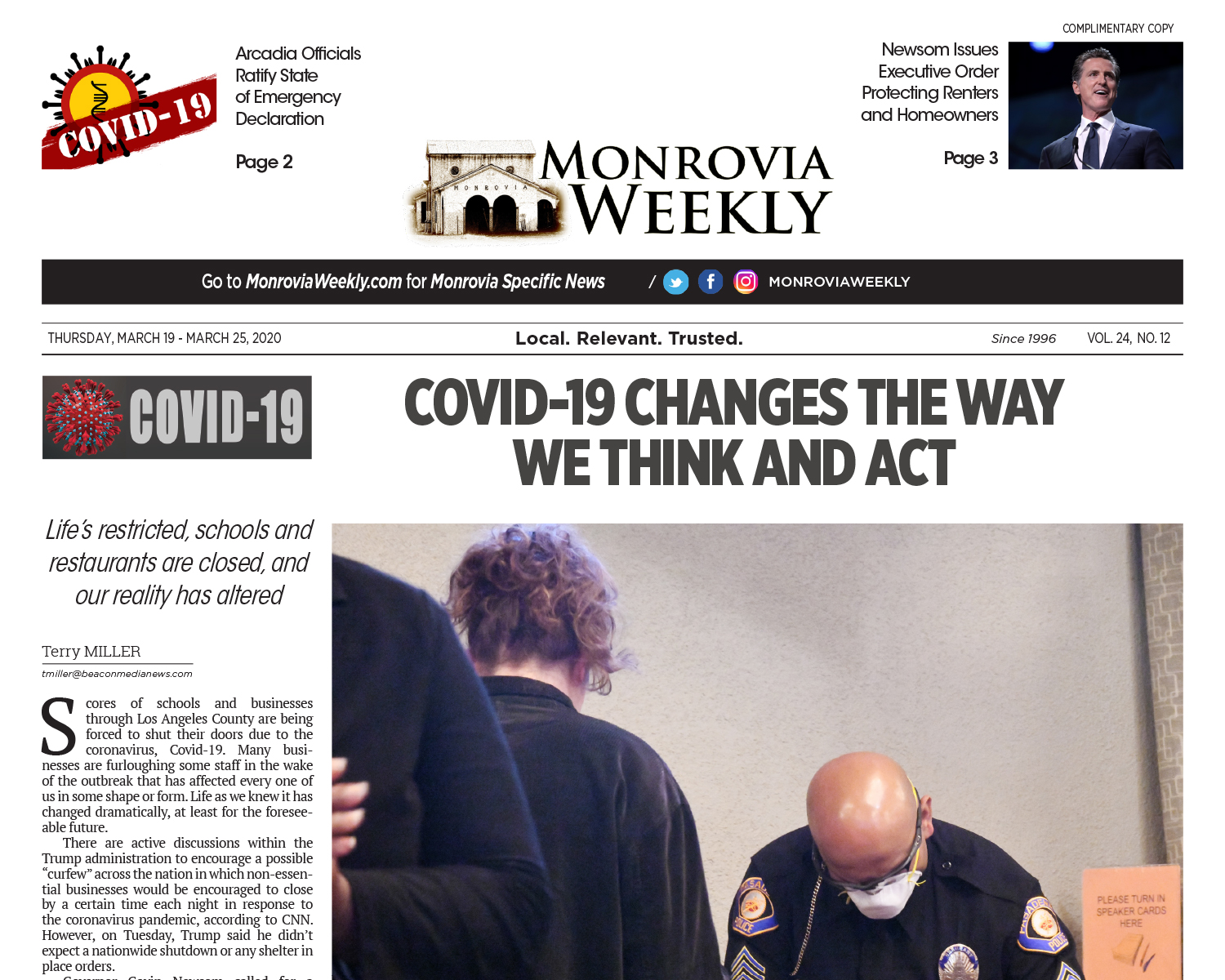By Hanna Nielson
On Martin Luther King Jr. Day, I arrive at KGEM-TV Studio in Monrovia to find Ralph Walker busy interviewing candidates for the upcoming City Council election. As he does every year, he features each candidate on his locally broadcast talk show, “Conversations with Ralph Walker.”
“I keep looking for someone to pass the torch to,” he says. “But there isn’t anybody, and that worries me.”
Walker is a distinguished African American man in the unusual position of holding the predominately white movers and shakers of a small California town to account. He has been hosting his current show for over 20 years, co-produced by the nonprofit Community Media of the Foothills (one of less than 40 public access stations in California with facilities and equipment still available for public use). Thanks to the help and support of his local public access station, Walker started his journey in volunteer journalism to champion voices that might not otherwise be heard. While his focus remains on the rich history and current affairs of the city of Monrovia, he has interviewed big names as they cross his path, such as California Governor Gavin Newsom, U.S. Congresswoman Judy Chu, and Representative Grace Napolitano.
Oddly enough, we start our conversation with an innocuous reminder that black people are often not heard. Taking a break between interviews, Walker asks the Alexa in the lobby to play a song. The device fails to understand him after multiple requests.
“Is Alexa racist?” he asks, hoping it’s not true. After a few more tries, it is clear she refuses to acknowledge he has spoken. He asks a white male staffer to request the song for him. Alexa immediately responds. “Now you see who designed it. You see who it’s meant for,” he quips. It’s hardly a promising start to what would have been King’s 90th birthday.
For a former Black Panther who was at the front lines of the Civil Rights Movement in 1960s Chicago, it’s another reminder that racial equality in America remains a distant goal. Yet, he is not without hope. Hosting his show, he says, “is like being a vehicle for positive change. I use it to educate, in a civic manner, all walks of life in the same breath. The viewing audience is not primarily black, which is unique. I look at the pros and cons of issues. I’m not afraid to talk about anything that’s going on, business, social, political. For some child out there, it’s important witnessing a black man hold his own in the media.”
He elaborates, “I think when people see a black man on TV it’s like they don’t know how to see him properly because of all the negative portrayals. They don’t expect to take him seriously. From the beginning of TV, or even film, whenever black people were shown they had to be smiling, laughing, dancing, singing — we were just entertainment. We were never considered to have thoughts or opinions. A voice.”
Known as “The Voice of Monrovia,” Walker was honored by Monrovia City Council in 2009 for his outstanding contribution to local journalism. He credits Monrovia’s first black mayor, Bob Bartlett, with steering him into his current role.
“Because he embraced me and supported my show, […] every new business, local celebrity, candidate running for election, or nonprofit trying to get their message out, they all came to me,” Walker said. It was a fruitful alliance, transforming 1990s Monrovia from a segregated, blighted community to the prosperous, multi-cultural city that it is today.
Walker’s involvement in media started as an undergraduate at Loyola University in Chicago. He was one of two black students in his year. A white professor told him he was only there because the 1964 Civil Rights Act forced them to integrate. Otherwise, he would have been denied the right to higher education based on the color of his skin. Later, as a fresh graduate looking for a job, he was refused by a white employer who resented the fact that Walker was both black and university educated (the employer had only completed high school).
Walker recalls switching from law school to a communications degree “before that was even considered a good major to have. But I knew that television and the electronic age was going to play a major role in regards to criminal justice and how black people are portrayed.” Starting with his move to California in 1979, Walker quickly took advantage of the public access station in Pasadena. There, he honed his interviewing skills and became passionate about giving a platform to those that would otherwise remain silent and overlooked.
Public access television stations proliferated across America in the wake of the Cable Communications Act of 1984. The goal was to promote freedom of speech and civic engagement by preserving a portion of the airwaves for public use and providing communications equipment for local residents to create original content for broadcast to local audiences.
My acquaintance with Walker began at Monrovia’s public access television station run by Community Media of the Foothills. Like others, I went there to gain film production experience that otherwise would cost tens of thousands of dollars at a university or film school. Some have questioned the continued relevance of public media and public access television in the age of streaming, social media, and widespread access to audiovisual technology. Getting rid of it would certainly save cable companies some extra cash. But at what cost to the rest of us?
“[Public access] cable television is like the last breath of the First Amendment,” Walker points out, adding that corporations have nearly succeeded in strangling public media funds “in an attempt to dominate the narrative.” Quoting Laura Bush, he adds, “Media has the last word.”
The media’s word, historically, has been that African Americans are more inclined than other ethnicities to violence, criminal behavior, and poverty. While not reflected in crime statistics, it dominates media stories about crime. The result? Brutal policing, harsh judicial sentencing, skyrocketing prison populations, and the wholesale removal of black men from communities — creating family instability, poverty, and knock on effects that spur negative media coverage…and the cycle repeats.
When media has a vested interest in creating narratives that sell, facts that contradict that narrative are ignored. According to a 2017 report by Thomas Dixon at the University of Illinois at Urbana-Champaign, 66% of poor Americans are white (compared to 38% of blacks). Black people are denied a voice in media and politics, meanwhile poor white communities suffer in silence because no one knows their problems exist. The status quo of denial is maintained until something happens to capture media attention, such as the Rodney King riots in Los Angeles or the rise of present day populism inflaming both ends of the political spectrum.
To continue our conversation, Walker and I sit down for happy hour at Great Maple in Pasadena. I ask him about his legacy. What difference has he made in the changing media landscape? Introspective, he says, “It’s been an interesting journey […] I always think after every show, that’s the last show. Sometimes Monrovia residents approach me and tell me, ‘Wow! That was a good show!’ That encourages me to do one more show. But who’s going to carry the torch when I want to set it down?”
The truth is he’s not easily replaced. “If Ralph retired or moved on, he’d have to train several different people, each with a different aspect of Ralph, to take over,” says Dirk Beecham fellow volunteer at KGEM-TV. “He’s at all the city events and committees — but he makes it look easy. And, he’s a thoroughly liberated 21st century modern male: he makes sure he’s home every night to cook dinner for his wife.”
“He sees things we often don’t see,” explains David Palomares, executive director at Community Media of the Foothills (home of KGEM-TV). “Soon as he comes in the door, he takes an interest in everybody. Whether they’re 16 or 70, he wants to know their opinions. […] He does what he does with the purest intentions, not because he wants a bigger stage or to promote himself. It really is important for him that the community has a voice.”
As we wrap up, I ask Walker what he would wish for his final episode. He thinks for a moment and answers that he would be “highly impressed and honored to have a conversation with Stevie Wonder, a man who has internal vision versus external vision. And, if I interviewed a woman, I would choose my wife [Judy], a very reluctant speaker, someone who’s been behind the scenes for me all these years. But I would like to have her in the spotlight, just once.”
Looking at the table across from us, Walker spots a multi-racial family and gives them a neighborly hello and wishes them, “Happy MLK Day.” In leaving the restaurant, I make it all the way outside before I realize Walker hasn’t followed. He spotted an older African American actor and befriended him in the space of a few seconds. I join them and Walker introduces me to Dorian Harewood, who portrayed Jesse Owens in the television miniseries, “The Jesse Owens Story.” It’s another MLK Day moment and I reflect that both Walker and I were just sitting in the same booth at a restaurant, a black man and a white woman having a conversation. It’s a simple act that would have gotten us arrested, or worse, in the time of Martin Luther King, Jr. Is this progress? Yes. But, is it enough? Not nearly.
As much as Walker frets over who will pick up the torch after him, he might take comfort in knowing he is not alone in carrying it. While his mother was busy as an activist in 1960s Chicago, my mother was a high school student in Omaha. She went to hear Robert F. Kennedy speak only days after a race riot. When her heroes were struck down, she took it upon herself to see that RFK’s hopes and MLK’s dreams lived on. I grew up in a neighborhood full of single mothers and families of every color, from every country, determined to make King’s rainbow a reality. I thought it was normal that everyone I knew had a different shade of skin, type of hair, and spoke a different language. My mother made sure that we always talked about the stories being presented in the media and the methods being used to make them seem “true.”
Studies show that cultural barriers are only broken down by direct contact and human interaction. If we never meet those we are taught to fear, how will we know they are just like us? If we don’t know we are being manipulated into fear, how can we begin to question it? That is why public media matters. It gives us the tools and opportunity to interrupt and question society’s narratives. We can change the story, but first we must understand we have that opportunity — and champion those who dare to take it.
The world of today is not perfect, but at least it is the kind of world where I get to have this conversation with Ralph Walker.

